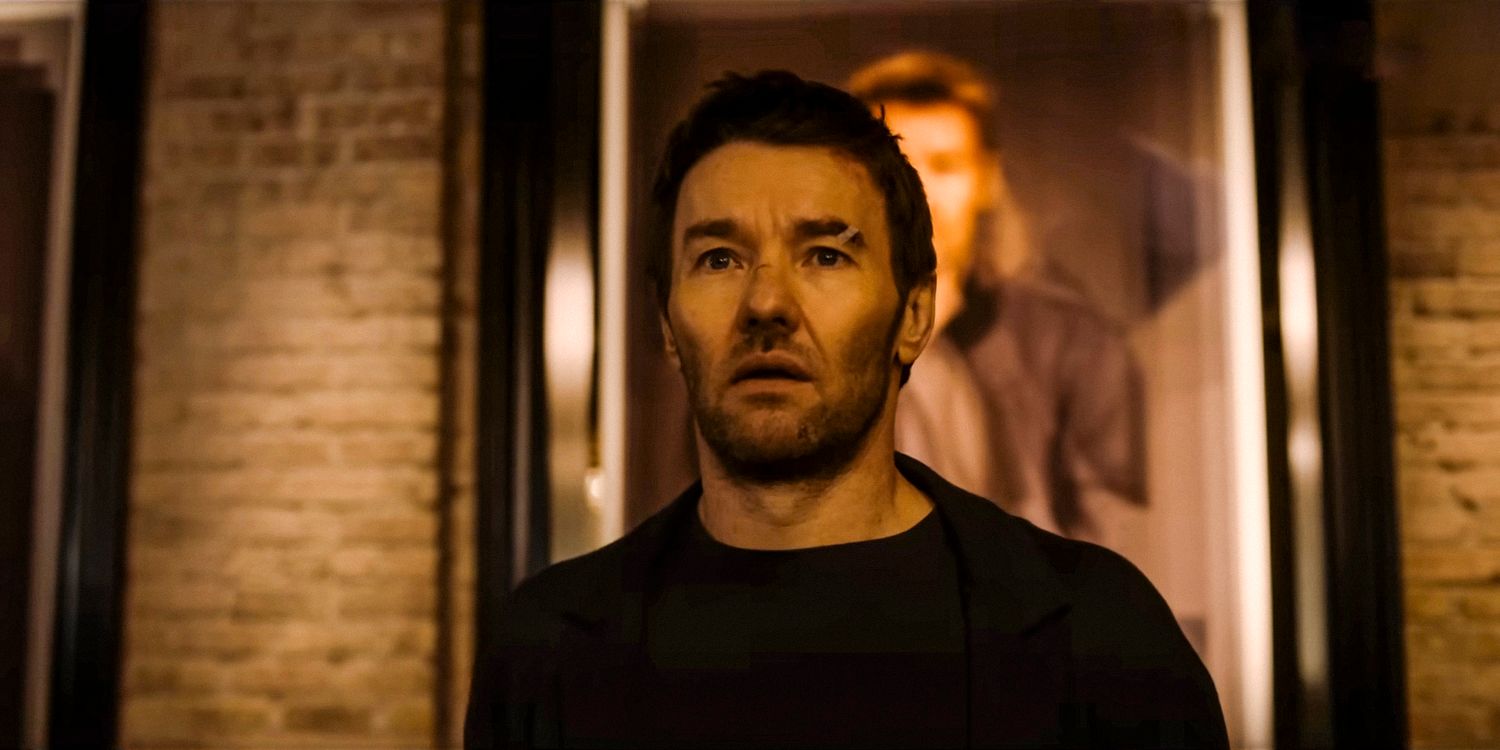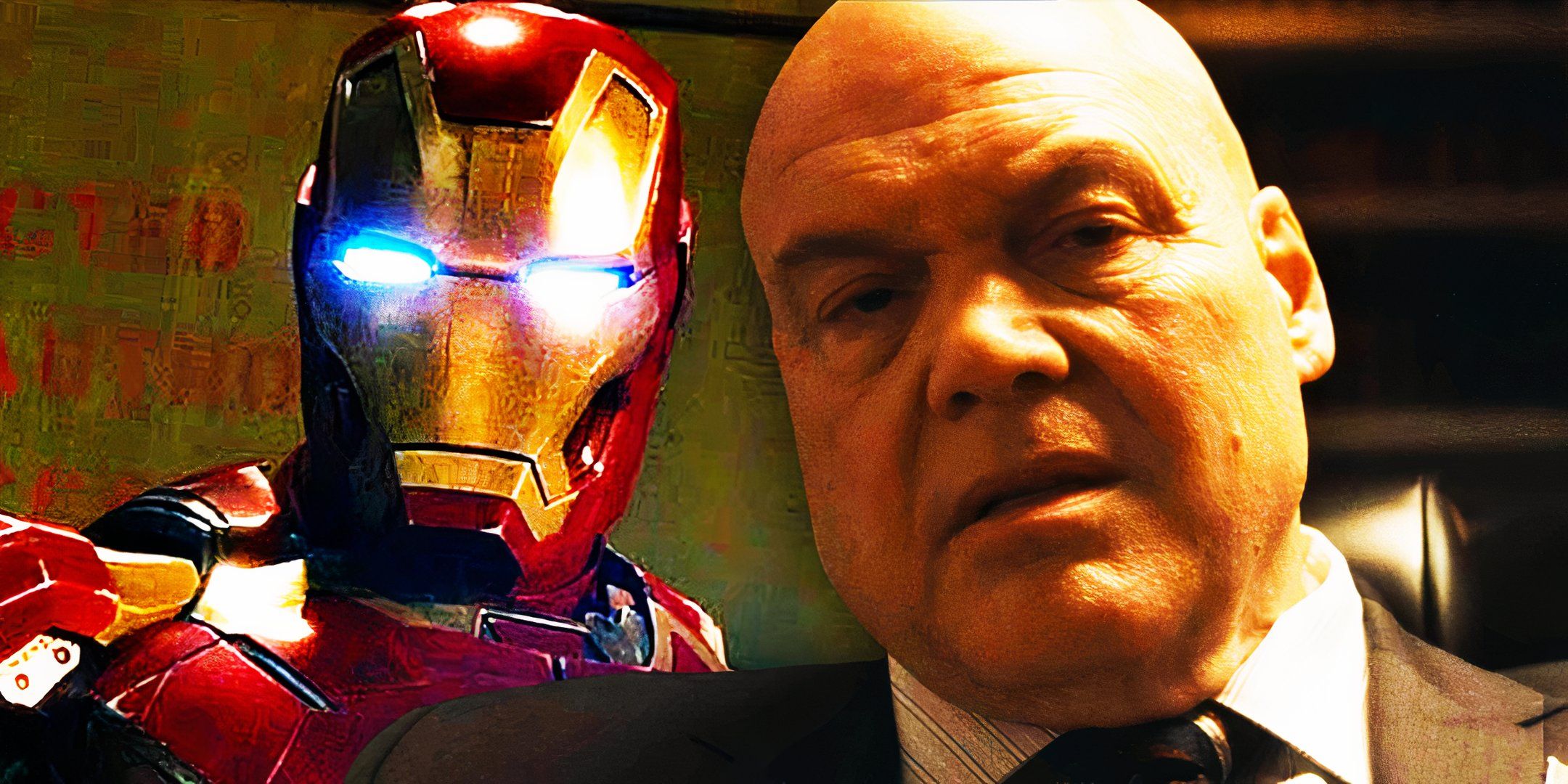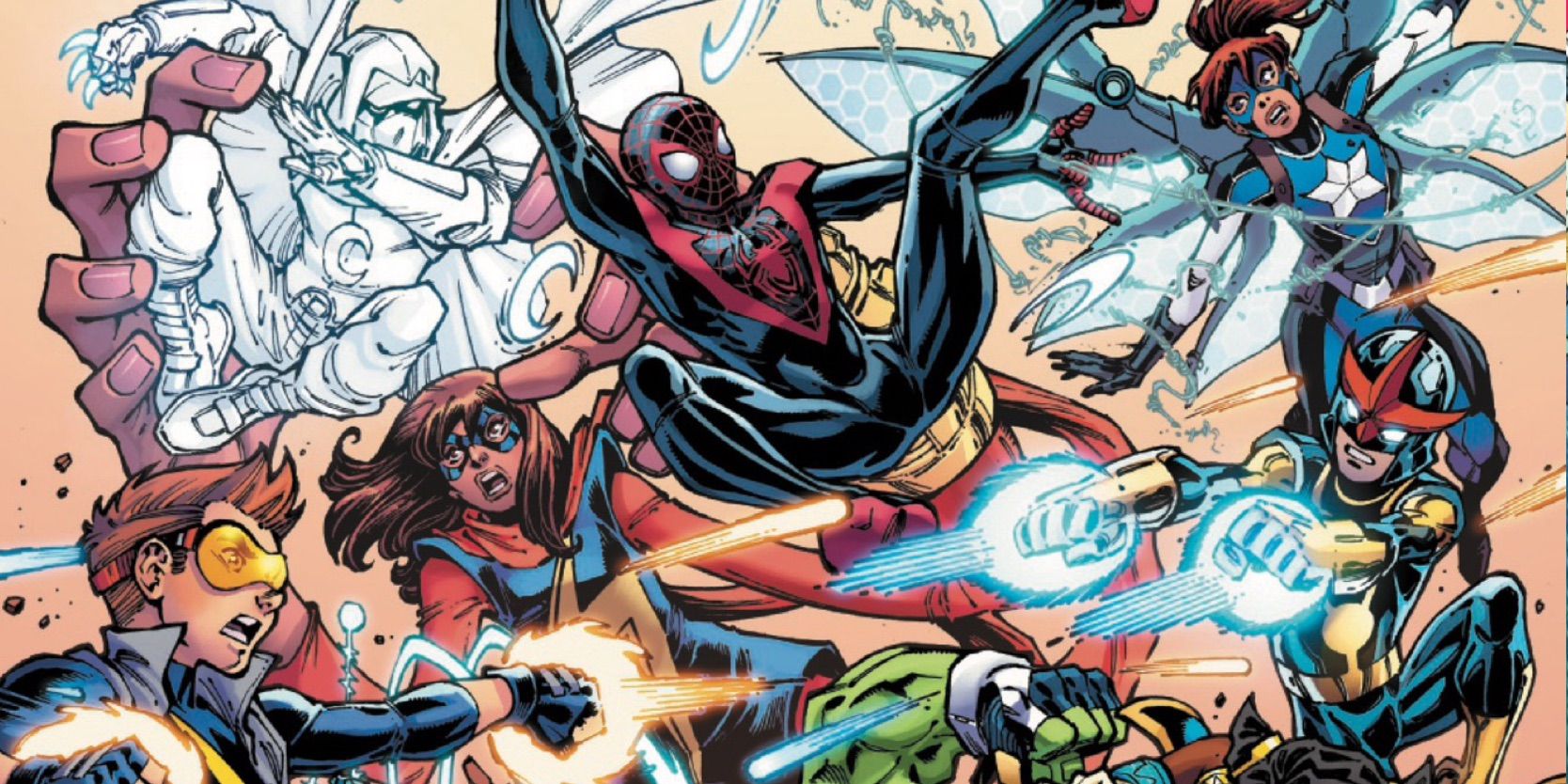Dark Matter Star & Producer Explain How Apple TV+'s New Multiverse Show Is Different From The MCU
This article covers a developing story. Continue to check back with us as we will be adding more information as it becomes available.
Summary Matt Tolmach and Joel Edgerton explain how Dark Matter's multiverse is relatable and grounded, unlike the superhero-filled MCU.
Edgerton describes the series as "multiverse for the middle-aged man," focusing on human introspection over flashy effects.
The show delves into deep human themes about the road not taken, inviting viewers on a thought-provoking journey.
Dark Matter star Joel Edgerton and executive producer Matt Tolmach address how the series' multiverse differs from the multiverse in the Marvel Cinematic Universe. Adapted from the novel of the same name by Blake Crouch, Dark Matter follows physicist Jason Dessen (Edgerton), who finds himself in an alternate reality, and must find a way back to his reality to protect his family from an alternate version of himself.
In an interview with Screen Rant, Tolmach and Edgerton discuss what makes Dark Matter's multiverse not only distinct from the MCU, and other popular multiverse stories like the Academy Award-winning Everything Everywhere All at Once, but also how the series even makes the high concept feel relatable. Check out their comments below:
Tolmach: This, to me, is a [show] about all of us. This is a very grounded group of characters and despite the number of worlds, it lives in our world. I think part of the appeal of it, originally to me as a reader, was how easily I could identify with these characters. It isn't a universe inhabited by superheroes, which we all love; this is our world. I think that creates a different experience for the viewer. It comes with this sci-fi conceit, but it's really a very grounded story about a man trying to come to terms with who he is, the choices he made, and the mistakes he made. I see it as a cousin to all of that, but in a very different context. Edgerton: I call it the multiverse for the middle-aged man. In all seriousness, I loved Everything Everywhere All At Once. I love this general concept of being able to explore alternate realities. Quite often they become big, expansive things that explore these crazy visual effects worlds. And we do a little bit of that, but for the most part, we're using this multiverse alternate reality concept as a way to look inward to ourselves about the road not taken, about what ifs, about all of these deep human things that we think about. I think we all wonder about key decisions in our life, and how we would've evolved down that road instead of the road we chose. So true. We use that concept, and I joke about multiverse for the middle-aged man, [but] alternate realities in a suburban, every person, average human being way become a really interesting story to tell. We don't need to have capes flying off our backs and laser guns in order for it to actually be a really rich narrative.
More to come...











COMMENTS